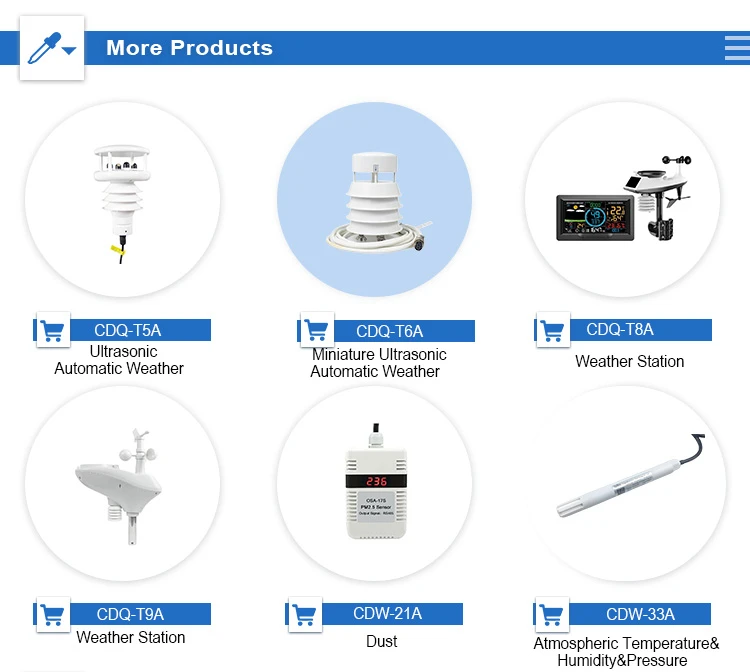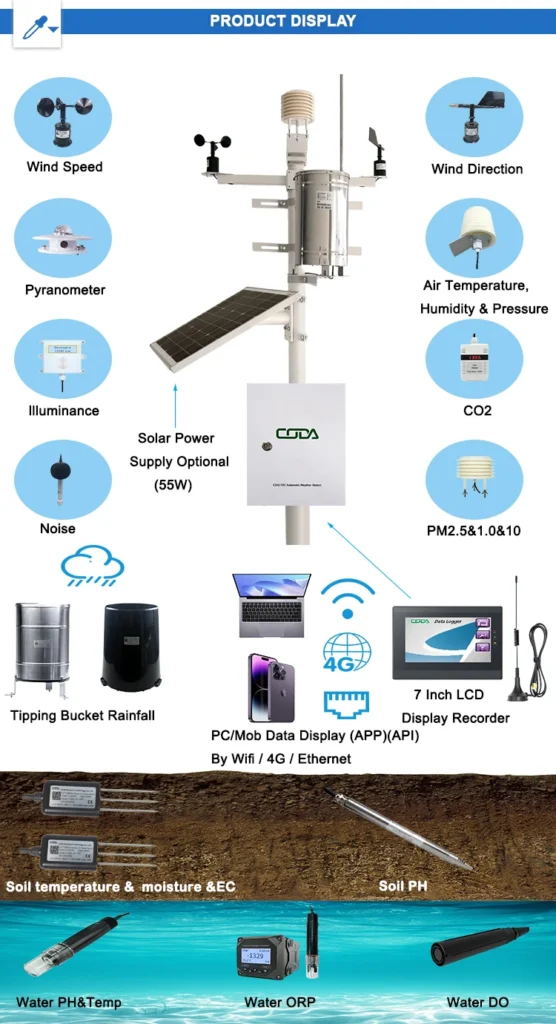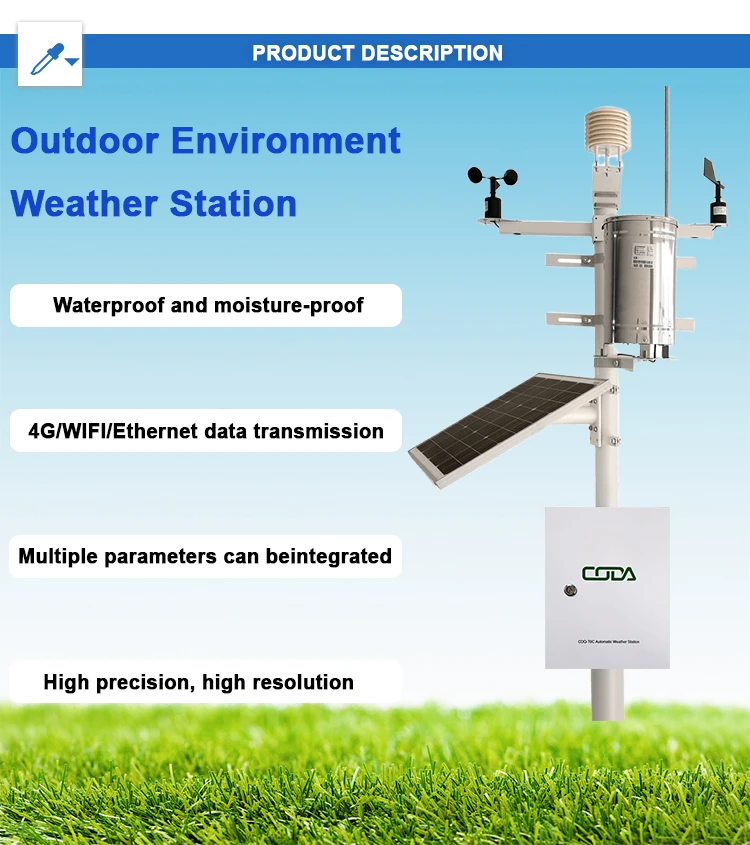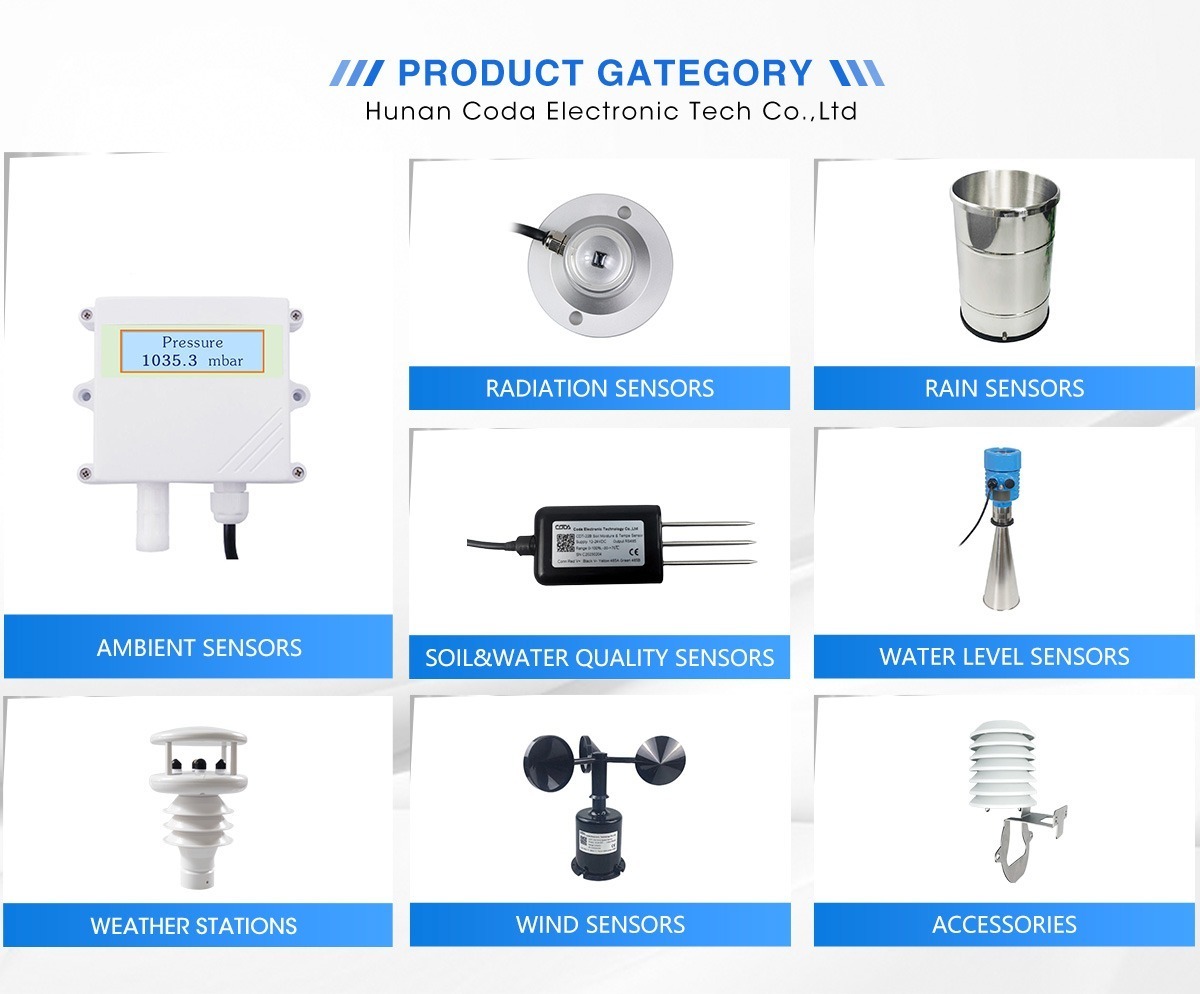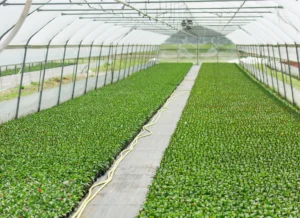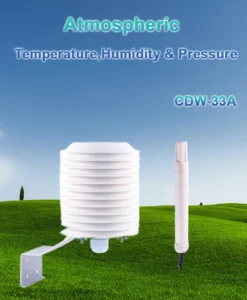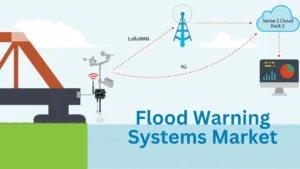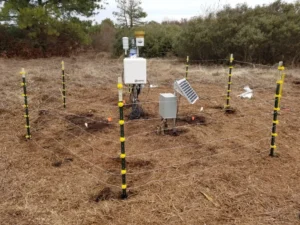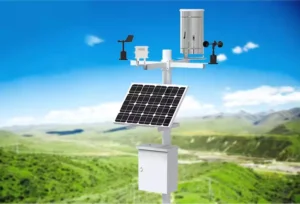High-Tech Tools for Weather Monitoring
Weather affects many parts of our daily lives. It shapes our travel plans, outdoor activities, and even our moods. New technology has made advanced tools to help us understand weather monitoring and predict weather patterns better.
These new weather devices change how we watch and predict the weather. This article talks about important improvements in weather tracking technology. It explains how these advancements help us understand the environment.
1. Advanced Weather Stations
Weather stations have long been crucial for gathering meteorological data. The new versions show great progress. Modern weather stations have sensors. These devices monitor temperature, humidity, wind velocity, wind direction, precipitation, and atmospheric pressure.
Many devices have wireless connectivity. This allows data to be sent to apps or online platforms in real time. These devices give live updates and show past trends.
They also send warnings for bad weather events. This makes them useful for both weather fans and professionals.
2. Doppler Radar Systems
Doppler radar helps us find rain by tracking particles in storms. It is different from regular radar. While regular radar looks at location and strength, Doppler radar measures speed. This shows us how quickly storms are moving and where they are going.
This skill is important for studying storms and predicting dangerous weather, like tornadoes and thunderstorms. Meteorologists and emergency services use Doppler radar a lot. It is key for real-time weather monitoring and forecasting.
3. Weather Satellites
Weather satellites provide a bird’s-eye view of Earth’s atmospheric systems from space. These satellites have advanced sensors. They collect important information to help track weather patterns all over the world. They measure temperature, clouds, aerosols, and other key factors.
Polar-orbiting satellites provide clear images from the sky. Geostationary satellites offer constant coverage. They work together to help us analyze data well.
Key uses include tracking hurricanes, typhoons, and other bad weather. This helps give accurate forecasts and timely warnings. It also helps with research on climate change over a long time.
4. Weather Balloons and Radiosondes
Weather balloons are useful tools for gathering weather data at various heights. Each balloon carries a radiosonde. This device records temperature, humidity, pressure, and wind data as it goes up.
These measurements give clear vertical profiles of the atmosphere. They help us study things like high winds, temperature changes, and instability. These factors are key for predicting the weather. Even with more use of advanced devices, weather balloons are still very important for modern weather studies.
5. Personal Weather Stations
New technology has made personal weather stations easier to access. This appeals to both hobbyists and homeowners. These small devices give precise readings on temperature, humidity, rainfall, and air pressure.
Some advanced models add features by measuring things like UV index, solar radiation, or soil moisture. Personal weather stations link to smartphones or computers.
They give updates on the weather as it happens. They also keep a record of past weather. These stations also help create local weather networks with help from the community.
Conclusion
Technology has changed how we track the weather. We now use satellites instead of just weather stations. These tools give us important data.
They help us understand weather patterns more clearly. They also help us make better forecasts and get ready for weather challenges.
Using advanced weather tools can make your experience better. This applies to meteorologists, weather enthusiasts, and anyone organizing their schedule.
For fans of environmental monitoring systems, having the best experience is very important. The devices you choose are very important for how well your monitoring works.
Our solutions focus on giving a great experience. We use new sensors that are made for accuracy. High-end technology is key for developing sensors. However, smart users know that improving material quality and production standards is key for better performance.
